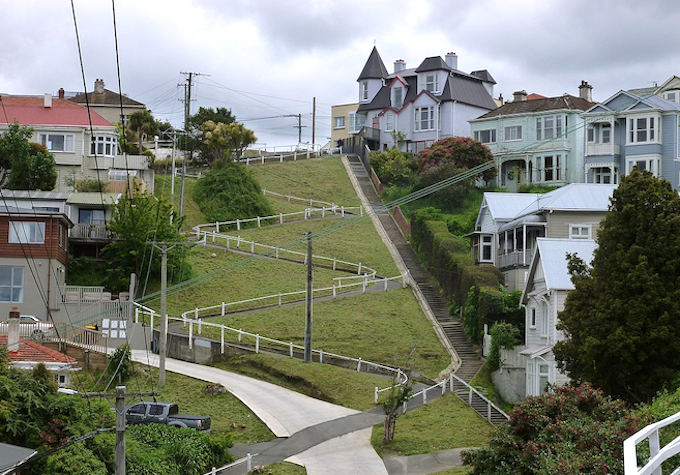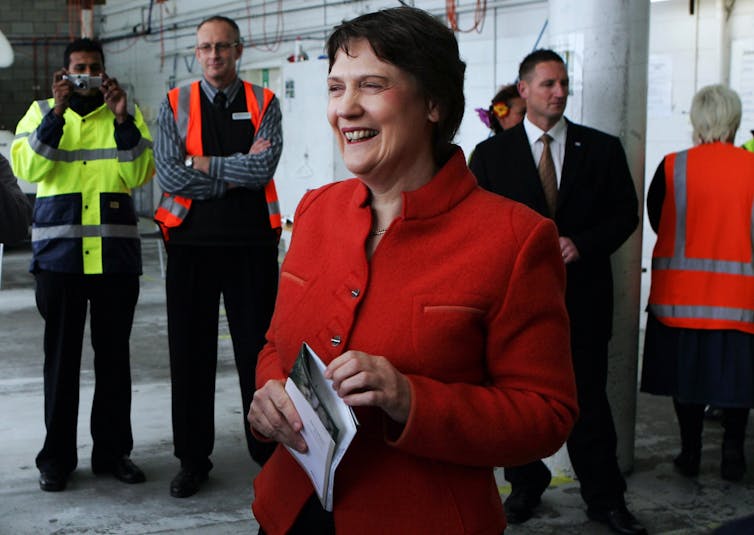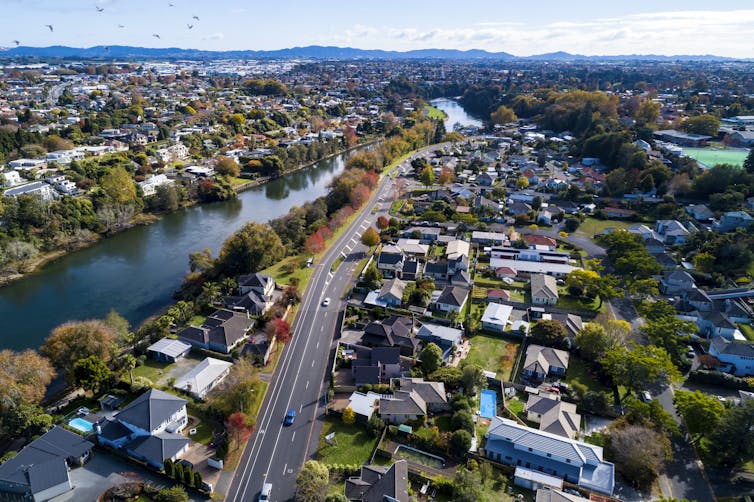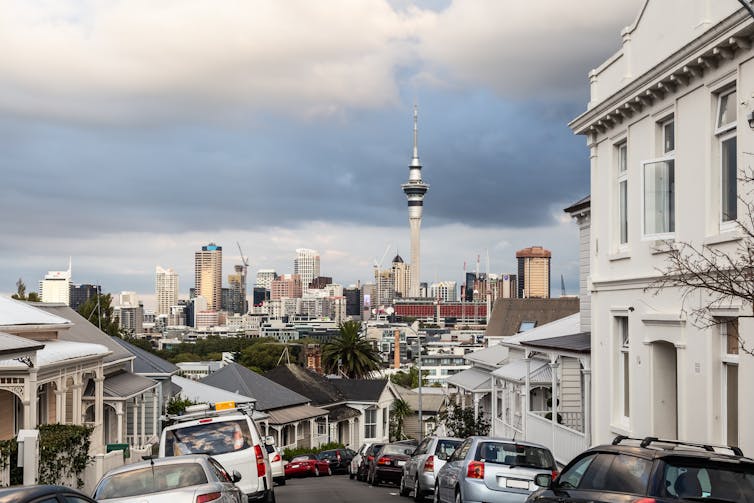
ANALYSIS: By Claire Dale, University of Auckland
A large number of New Zealanders are facing a perfect storm at retirement, with minimal savings and no house, raising the risk that thousands will enter old age in poverty.
According to the latest retirement expenditure guidelines from Massey University, a two-person retiree household living an urban “choices” lifestyle, which includes some luxuries, would need to have saved NZ$809,000.
In the provinces, a couple would need to have saved $511,000.
- READ MORE: How New Zealanders miss out on hundreds of thousands in retirement savings
- Fall in ageing Australians’ home-ownership rates looms as seismic shock for housing policy
- The edges of home ownership are becoming porous. It’s no longer a one-way street
- NZ’s fossil fuel investment ban for popular KiwiSaver funds is more political than ethical
New Zealanders have traditionally relied on owning a home to support themselves during their retirement years. But many of the New Zealanders now aged between 50 and 65 – a cohort of almost half a million people – will go into retirement as renters after skyrocketing house prices over the last three decades put home ownership out of reach.
At the same time, this generation were already working adults when the Labour government introduced KiwiSaver in 2007, and are less likely to have a significant savings cushion.

Last year, Treasury raised concerns that this mixed group of baby boomers and generation X will not be able to financially manage retirement on their own.
Declining home ownership
Home ownership in New Zealand has fallen to the lowest rate in 70 years, with just 65 percent of people living in houses they own, down from the peak of 74 percent in the 1990s.
According to the 2018 Census, around one in four people between 50 and 65 don’t own the home they live in.
Research by Kay Saville-Smith from the Centre for Research Evaluation and Social Assessment suggests that by 2053 almost half of over-65s would be renting. That would mean 640,000 over-65s renting, including 326,000 renters aged over 85.
This issue of declining home ownership disproportionately affects those who have remained on low incomes throughout their working life. This, in turn, has stark consequences for Māori and Pacific people in New Zealand.
Between 1986 and 2013 the proportion of Māori and Pacific peoples living in owner occupied housing fell at a faster rate than the overall population (down 20 percent and 34.8 percent, respectively).
Skyrocketing rents
Also, in the last five years nationwide rents have risen 28 percent across all property types and regions.

For increasing numbers of people, housing — whether through ownership or renting — has become unaffordable.
The rapidly increasing rental costs have also reduced the ability of people to save for their own home.
KiwiSaver came too late
In 2007, the Labour-led government set up KiwiSaver as a voluntary savings scheme to help New Zealanders save for their retirement and to lift New Zealand’s low national savings rate.
But New Zealanders aged 50 to 64 were already adults and mid-career when KiwiSaver was launched. In our low-wage economy, they are likely to have contributed only 3 percent of wages, in addition to the employer’s 3 percent.
While some will have used their KiwiSaver account plus the government subsidy to put a deposit on a home purchase, few will have saved a significant nest egg for retirement. The 2021 Financial Markets Authority KiwiSaver Report showed average balances of only $26,410.
Squeaking by on superannuation
There is some support for retirees. When a person reaches the qualifying age of 65 years, they receive New Zealand Superannuation, currently $437 per week after tax for a single person.
But superannuation is predicated on owning your home rather than renting. Home ownership means effectively living rent free, with only rates and maintenance as regular necessary expenses in addition to food, power and phone.

Those people renting are currently confronted by a median weekly rental for a small house or apartment of $390 per week. While they may also be able to access the accommodation supplement and temporary additional support to assist with costs, a new threat has emerged in the form of inflation.
Consumer price index inflation peaked at close to 6.35 percent in early 2022, its highest level in three decades.
As well as steady increases in the price of electricity, petrol prices increased by 10 percent over the past year, and annual food prices rose 6.85 percent in February year-on-year. Fruit and vegetables are the largest contributors to the price rise. Car use can be contained with less recreational outings, but electricity, fruit and vegetables are needed for health.
None of this is going unnoticed. Treasury has raised the alarm about the increase of old age poverty. Many in the 50-65 age group share those concerns, and are approaching retirement with rational trepidation.![]()
Dr Claire Dale is a research fellow, University of Auckland. This article is republished from The Conversation under a Creative Commons licence. Read the original article.













































